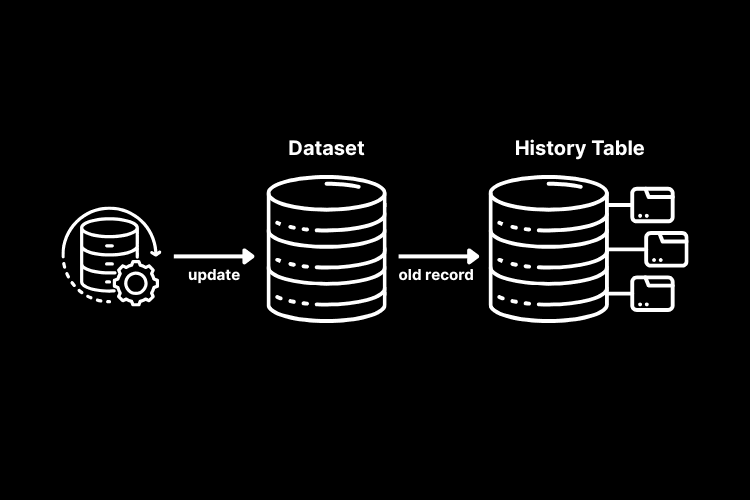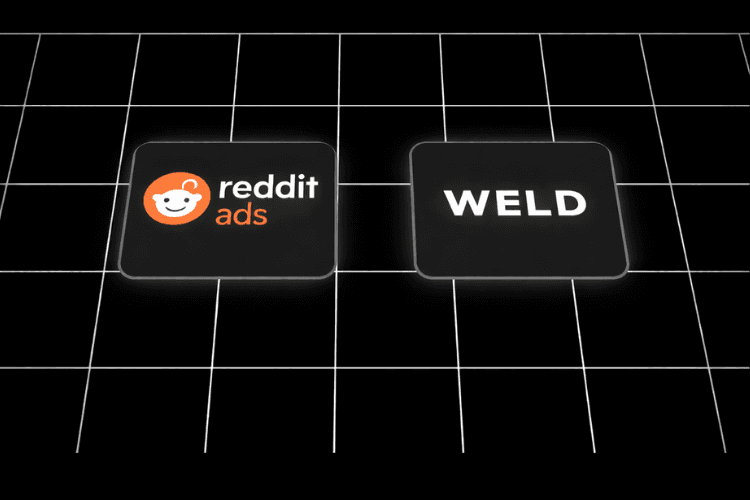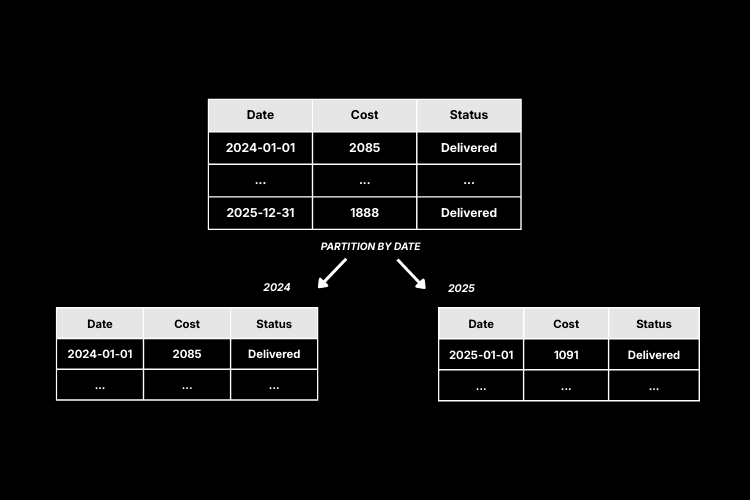Introduction
How Weld enabled a fast-growing DTC brand to build a data warehouse and turn insights into action
VitaMoment is a German direct-to-consumer brand offering high-quality vitamins, minerals, and supplements. With a lean and focused setup, the team has achieved remarkable growth, serving over 550,000 customers in 2024, more than twice as many as the year before.
As part of scaling the business, VitaMoment introduced a company-wide scale-up framework: a structured approach requiring every employee to track two KPIs: one for progress and one for results. That meant building a much more advanced and reliable data foundation.
“We’ve always been a KPI-driven company. But we wanted to scale that mindset across every team member, every team, every decision.”
— Sven Hasenberg, CFO, VitaMoment

From limited tools to full ownership
Initially, the team explored a few business intelligence solutions. While helpful for basic reporting, they soon ran into limitations, especially when trying to define KPIs that matched their specific business model or combine insights across platforms.
“We soon realized we couldn’t personalize definitions. We combine data from sources like Shopify, Klaviyo, Google, Outbrain, instagram, Zendesk in a way we wanted to. We wanted ownership of the data, and the KPIs built on top of it.”
A typical approach for companies at this stage would have been to hire an external advisor to build the data warehouse. But the VitaMoment-team believes in taking ownership of critical business tasks and building the internal know-how to stay agile and independent.
“We briefly thought about finding an advisor to set everything up. But then we’d be dependent—every time we had a new question, a new KPI, or idea, we’d need to call and ask them to build it for us. That’s not what we wanted, and it’s not how we work or think at VitaMoment.”
Instead, the team found Weld and decided to build the setup themselves.
Dashboards that power every team
Today, VitaMoment uses Weld to sync data from all their key sources into a centralized warehouse. Every team now works with dashboards tailored to their needs, e.g.:
- Acquisition marketing: Tracks marketing performance with a focus on first-order profitability by channel, campaign, and acquisition source, enriched by attribution insights.
- Retention marketing: Analyzes post-purchase behavior to uncover how first products, email campaigns, and discount promotions impact customer retention and profitability.
- Product: Tracks sales and inventory data to provide real-time visibility into stock levels and forecast days of availability per product.
- Customer happiness: Links support tickets to NPS and retention trends, highlighting the impact of customer interactions.
- Coaching team: Measures how coaching products, such as videos or product guides — influence customer lifetime value and repeat purchase rates.
- Logistics: Tracks and visualizes order fulfilment alongside current delivery times
- Finance: Aggregates key KPIs across all teams, including but not limited to orders, revenues, and costs, to track business performance in real time and surface deviations from the business plan, particularly in financially critical areas.
“Every dashboard started with a simple set of KPIs. Now they’re evolving constantly: Every time we share a new KPI one, new ideas emerge.”

Built in-house, with help from AI
The entire setup was built in-house by the CFO, using Weld’s tools and AI assistant to move quickly, without relying on external consultants. Weld’s AI assistant played a key role in writing and refining the SQL models needed to power each dashboard.
“We wanted to define KPIs ourselves without depending on others. Weld made that possible, even for someone without years of SQL experience.”
They use the assistant regularly to test new ideas, generate code, and refine queries as their setup evolves.
“When you know what the output should look like, you can run a manual analysis, compare it to the Weld result, and improve your code step by step.”
What’s next?
With their core data setup in place, VitaMoment is now turning its focus to deeper customer behaviour analysis, exploring how retention and engagement vary by first product purchased, acquisition channel, demographic factors, and customer interactions over time.
“Our goal is to understand what influences customer retention, and how factors like product, demographics, acquisition channel, and interactions shape different retention patterns.”
Turning data into daily momentum
By building their data stack entirely in-house and defining every KPI themselves, VitaMoment didn’t just implement dashboards — they embedded a data-driven mindset across the company. With Weld, they created a setup that empowers every team to make smarter decisions every day, track real-time data across sources, and uncover what truly drives the business. The result is a foundation not just built for today but designed to evolve as the company grows.
“We built the base once, but we use it and improve it every single day. That’s the kind of leverage we were looking for.”
Interviewed

Sven Hasenberg
CFO, VitaMoment












